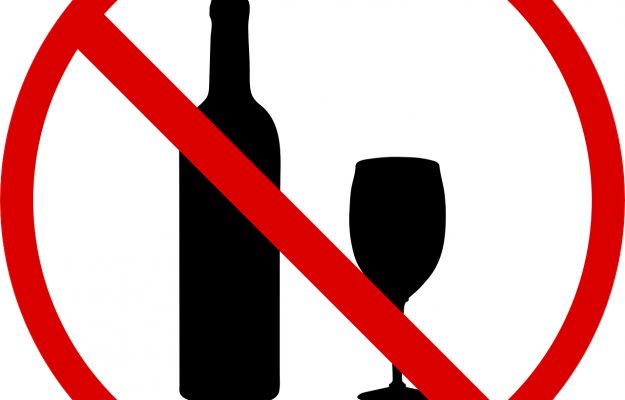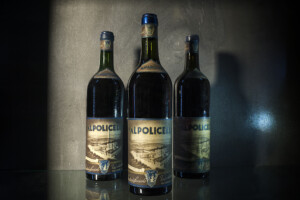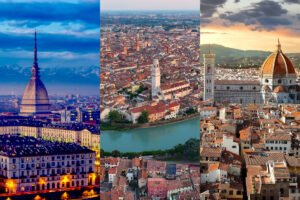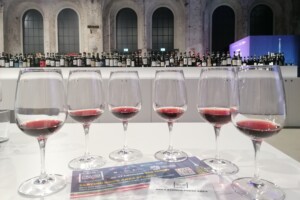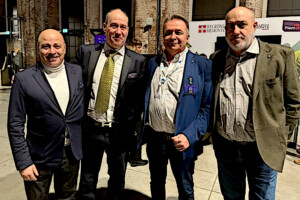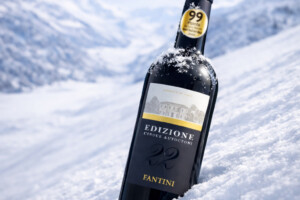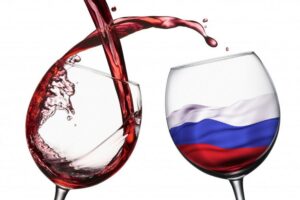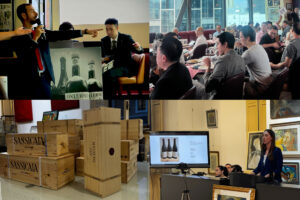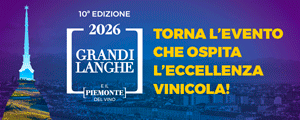The fight against cancer, one of the great scourges of our time, is undoubtedly a priority. Just as it is equally unquestionable that limiting behaviors that increase the risk of falling ill is an ethical duty of all. But this must be done without overdoing actions that not only damage important economic and employment sectors, but also undermine consumption which, if moderate and in the right quantities, if does not have beneficial effects on health (as even part of the research supports), at least it is not harmful, as well as being part of a culture and a centuries-old tradition.
And yet, the European Commission is about to approve a document that, although noble in its purpose, entails many risks for sectors such as wine and spirits in general: it is “Europe’s Beating Cancer Plan”, which, according to WineNews, should be approved tomorrow, in view of the WHO’s World Cancer Day. And that, in the draft seen by WineNews, among research programs to be strengthened and other initiatives, calls into question the consumption, and not the abuse, of wine and alcoholic beverages, proposing measures such as the revision of the European law on taxes on alcoholic beverages and on international sales between private individuals, the reduction of online advertising, and the stop to “stimulate alcohol consumption through programs for the promotion of EU agricultural products”, such as the CMO Wine, and even changes in labels with a sort of “advertising” in the bottles as happens on cigarettes, and so on. A devastating document, therefore, for the wine industry, already in difficulty due to the pandemic, and which for years has been investing in programs to educate people to consume wine in moderation and awareness, a style typical of Mediterranean culture. Promoting a “cultural” consumption which, by many, is considered one of the most effective tools to fight alcohol abuse, which is a tangible problem especially in Northern Europe.
In the next few days, according to what WineNews learns, there should be an official position statement with a dossier from Ceev, the Comité Européen des Enterprises Vins, with the secretary general, Ignacio Sanchez Recarte, who in recent days, on Twitter, wondered “why, if the European Commission is so proud of our food, it proposes to stop the EU promotion for wine, spirits, beer and red meat in Europe’s Beating Cancer Plane”, stressing that the “risk is in the abuse, and not in the product”.
While raising the alarm, today in Italy, is Coldiretti: “the European Union wants to cancel funds for the promotion of meat, cured meats and wine even providing alarmist labels on bottles as for cigarette packets”, denounces the president of Coldiretti Ettore Prandini in a letter sent to the European Commissioner for Economic Affairs Paolo Gentiloni in reference to the new “Action Plan to improve the health of European citizens” on the agenda of the meeting of the Commissioners, “with the excuse of protecting health that should instead be safeguarded by promoting a balanced and varied diet without criminalizing individual foods. The measures of the EU Commission as part of the prevention activities of the Plan concern among other things - reports Coldiretti - the proposal to introduce health warnings in the labels of alcoholic beverages before 2023 but also the desire to eliminate from the promotion programs agri-food products, such as specifically red meat and processed meat, which are associated with the risks of cancer.
A choice that affects products that are a symbol of Made in Italy, with Italy being the main European producer of wine but also the richest country in terms of small traditional products that need support to be known on the market and that risk being condemned to extinction. The right commitment of the European Commission to protect the health of citizens, according to Coldiretti, cannot be translated into simplistic decisions that risk to unfairly criminalize single products regardless of the quantities consumed. The nutritional balance - says Coldiretti - should be sought among the different foods consumed in the daily diet and not by condemning a specific product. To be damaged are products from centuries-old traditions with a devastating impact on the economy, employment, biodiversity and the territory where, when a stable closes, an entire system of animals, meadows for fodder, typical products and, above all, people committed to fighting depopulation and degradation, often for entire generations, is lost.
The Italian pork butchery - continues Coldiretti - is a leading sector of the national agri-food industry, thanks to the work of 100,000 people between breeding, processing, transport and distribution with a turnover that is worth 20 billion but that has been greatly reduced in 2020 due to the closure of the restaurant industry that represents an important market outlet especially for high quality cold cuts.
Without forgetting the economic income generated by Italian wine, which is worth over 11 billion euros in turnover last year and offers work opportunities in the supply chain to 1.3 million people. With a production of over 46 million hectoliters in the 2020 vintage that confirms the role of world leader ahead of France, 70% of Italian production is destined for Docg, Doc and Igt wines with 332 wines with controlled denomination of origin (Doc), 73 wines with controlled and guaranteed denomination of origin (Docg), and 118 wines with typical geographical indication (Igt) recognized in Italy and the remaining 30% for table wines. These sectors have already been hard hit by the Covid emergency that forced the closure of taverns and restaurants that - continues Coldiretti - represent a privileged place for the consumption of meat, cold cuts and quality wines”.
Copyright © 2000/2026
Contatti: info@winenews.it
Seguici anche su Twitter: @WineNewsIt
Seguici anche su Facebook: @winenewsit
Questo articolo è tratto dall'archivio di WineNews - Tutti i diritti riservati - Copyright © 2000/2026










